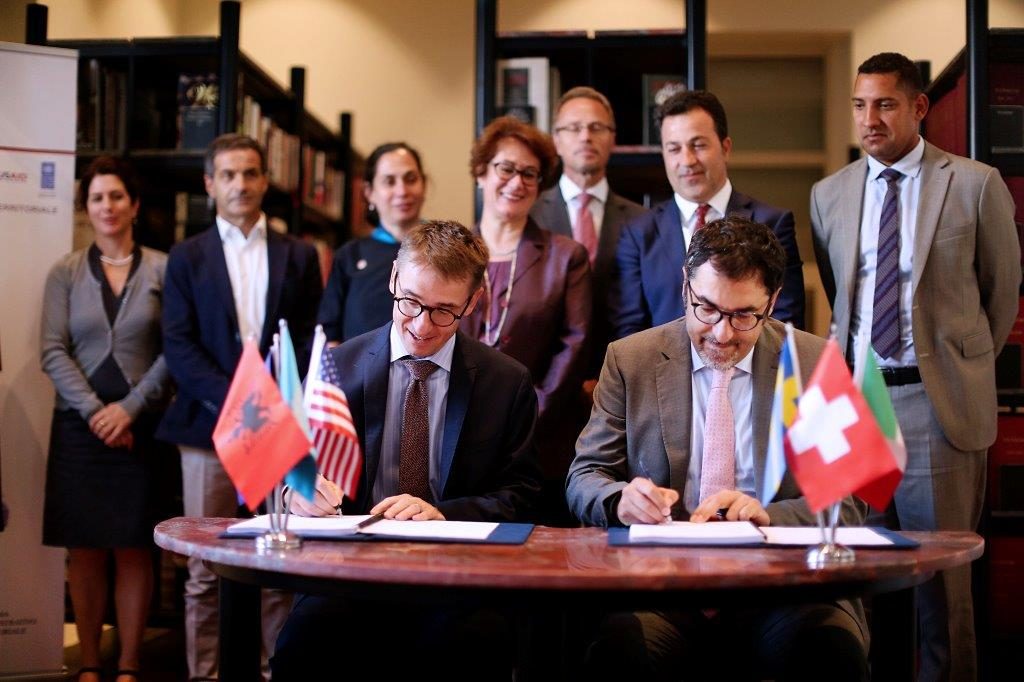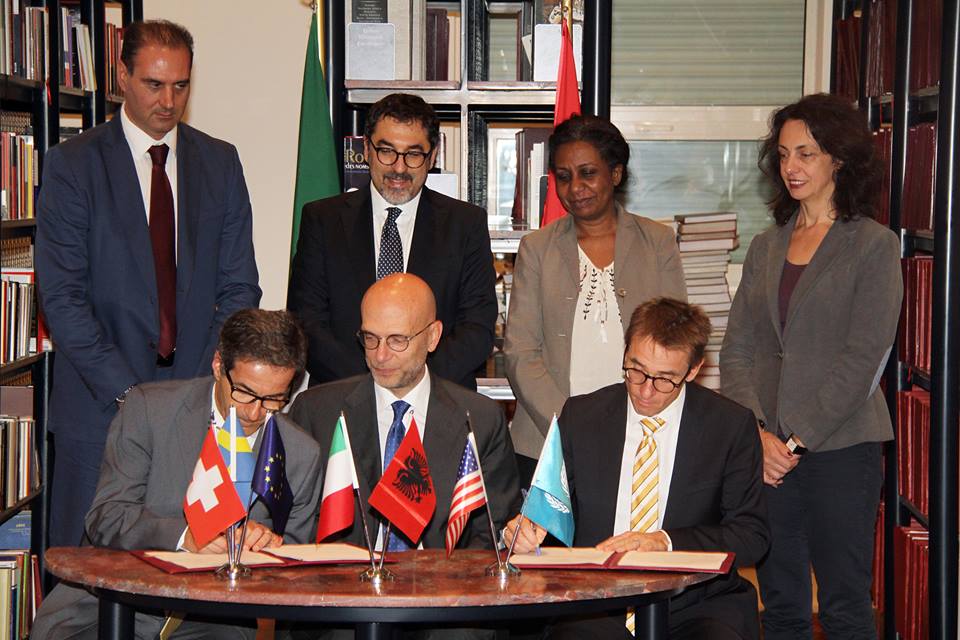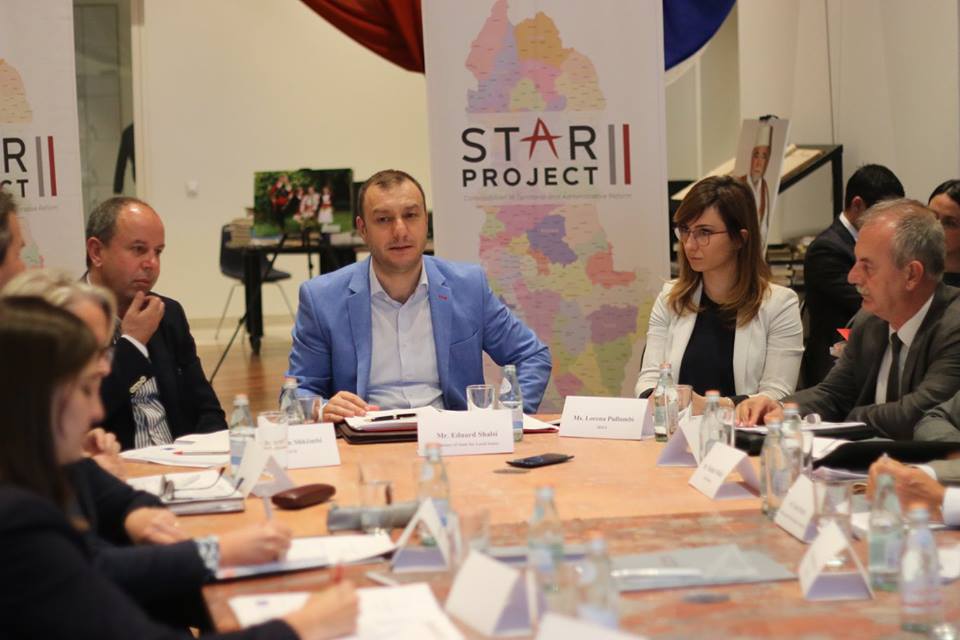About the LG Mapping
As part of assessment and monitoring instruments designed within the STAR2 project, a Local Governance Mapping is a particular exercise to be undertaken at the beginning and at the end of the project implementation. The initial mapping should ideally precede and inform subsequent project activities, while the final mapping will serve to provide a measurement of change in the local governance environment as well as identify any attributable STAR2 project effects on local governance.
The objective of the assessment is to implement a national governance mapping exercise in 61 LGUs. The mapping exercise helps understanding how people experience local governance, and how local governance gaps are seen from different perspectives.
For the purpose of this assignment an Analytical Framework of Local Governance has been developed. This framework is based on the methodology and structure of Local Governance Barometer (LGB) adopted within the context of Albania local government development. The model of Local Governance Barometer (LGB) includes a set of localized governance indicators that are used by the various stakeholders’ groups to score performance on governance measures at the local level. This method emphasizes awareness raising and constructive dialogue around governance and presents an overview of governance strength and weaknesses. The Analytical Framework based on LGB ensures representation of actors from both government (key local government staff) and non-government actors (citizens and CSOs). It concentrates more on the ‘interactive’ dimensions of governance, aiming to offer a mapping for each municipality.
The focus will be given to the following four criteria:
- Effectiveness and Efficiency,
- Transparency and Rule of Law,
- Accountability
- Participation and Citizen Engagement.
Since gender as well as vulnerable social groups perspectives are critical for the quality of the mapping exercise, within the four criterions an important consideration has been given to Equity in access to resources, opportunities and decision-making processes for all citizens etc.
The exercise uses a range of tools for the assessment such as Citizens Report Card, Municipal In-Depth Interviews and Focus Group Discussion, Community Dialogue, self-assessments along with a background review of Secondary Data Collection and Analyses (desk research). The instrument use for this approach will serve to furnish with data from several sources the Analytical Framework of Local Governance.
Local Governance Mapping is carried out in the framework of STAR 2 project, implemented by UNDP, with the support of Italian, Sweedish and Swiss Government and USAID


